With EU citrus regulations an ongoing problem, the industry has now been hurt by the country’s electricity supply issues
So-called load shedding and cuts in the electricity supply across South Africa is threatening compliance with new EU false codling moth (FCM) regulations on South African oranges.
This could mean that between 15-25 per cent of the oranges destined for the EU this year will have to stay at home or be sold elsewhere.
The EU measures were introduced mid-season last year and will come in to force in full this year.
Since they were introduced, the South African citrus industry has kept up its demand for a review, with the matter currently before the World Trade Organisation (WTO).
The negotiations have now reached a stalemate, with the Citrus Growers’ Association (CGA) recently asking both South Africa’s minister of trade and the country’s president Cyril Ramaphosa to convene a WTO panel to adjudicate on the new regulations.
“This action step becomes even more critical in the light of ongoing load shedding making the ability of growers to fully comply with the new regulations, by the time the 2023 export season kicks in at the end of March, even more of a challenge,” the CGA explained.
The regulations require all oranges shipped to the EU to be precooled to below 2 degrees celsius and then maintained at that temperature for 20 days.
Industry sources have said this is simply a bridge too far for a season that begins in around 30 days.
“To comply, growers will have to use extremely costly, specialised container equipment which is already in short supply,” said Justin Chadwick, CGA chief executive.
”This will not be able to accommodate the huge volumes of fruit exported from South Africa to the EU,” he continued. ”As a result, an investment in coldstorage technology and capacity of nearly R1.4bn is required to enable full compliance, putting further financial strain on growers.
“This new equipment will also not be operational by the time the season kicks off at the end of the month, which means that an estimated 15 per cent to 25 per cent of oranges destined for the EU will more than likely not be shipped,” Chadwick outlined. ”The potential loss of income for local growers will amount to more than R500m this year.
“This problem is compounded even further by the impact of ongoing load shedding on the citrus value chain,” he said. ”While the CGA welcomes the decision by national government to exempt ports from power cuts under the current National State of Disaster, coldstores located outside of the port terminals will struggle to precool oranges below 2 degrees celsius and maintain this temperature before the containers enter the ports and are shipped off to the EU.”
The new requirements have been scientifically proven to be unnecessary, Chadwick said, considering South Africa’s existing rigorous risk management system, ensuring that 99.9 per cent of oranges entering the EU are pest free.
There were only two FCM interceptions detected in more than 400,000 tonnes of oranges shipped to the EU from South Africa in 2022.
Chadwick said that the new regulations were driven by Spanish political agendas to keep South African citrus out of the EU. “This could result in large gaps in the global supply chain and higher prices for European consumers,” he outlined.
“If the current impasse between South Africa and the EU is not resolved before the 2023 export season kicks off, thousands of local growers might not survive, putting the future sustainability of the entire industry, which sustains over 140,000 jobs and brings in R40bn in export revenue annually, at risk.”
Industry sources suggested it is unrealistic the matter will be resolved at the last moment, given nothing has been done during what has been an eight-month process.
They said South Africa would most likely have to accept a drop in export volumes to the EU. At the same time, they said South Africa should not waste more time on the present process.
“The route is via establishing the panel and putting everything on the table, not only the issue of the FCM regulations, but citrus black spot (CBS) and all other issues South Africa has with the EU for which it claims it is being treated unfairly.”
Originally published on: https://www.fruitnet.com/eurofruit/power-problems-for-south-african-citrus/248466.article

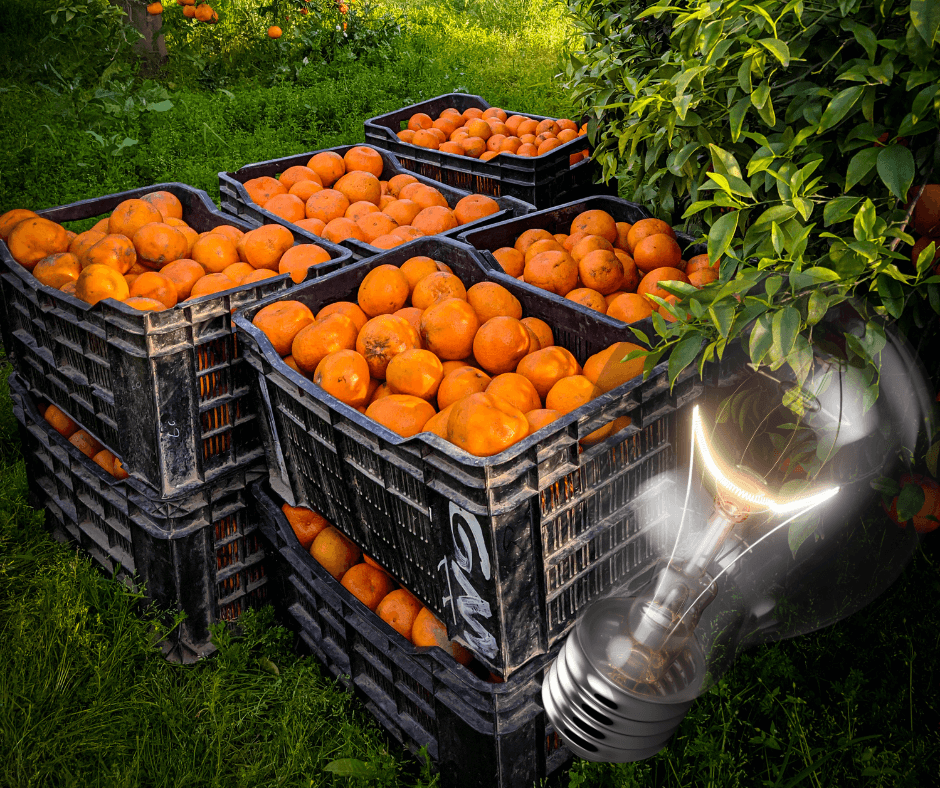
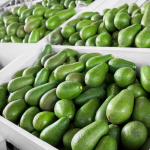

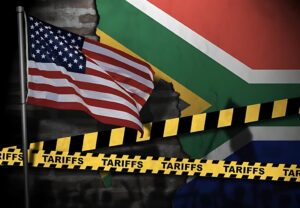


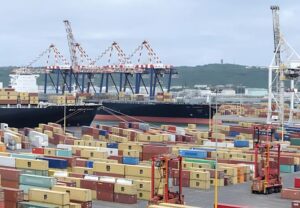
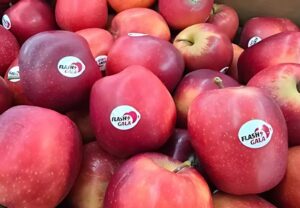
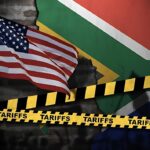
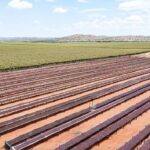





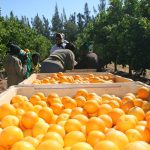
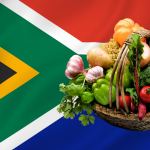
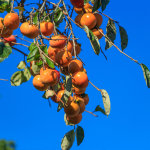












Add comment